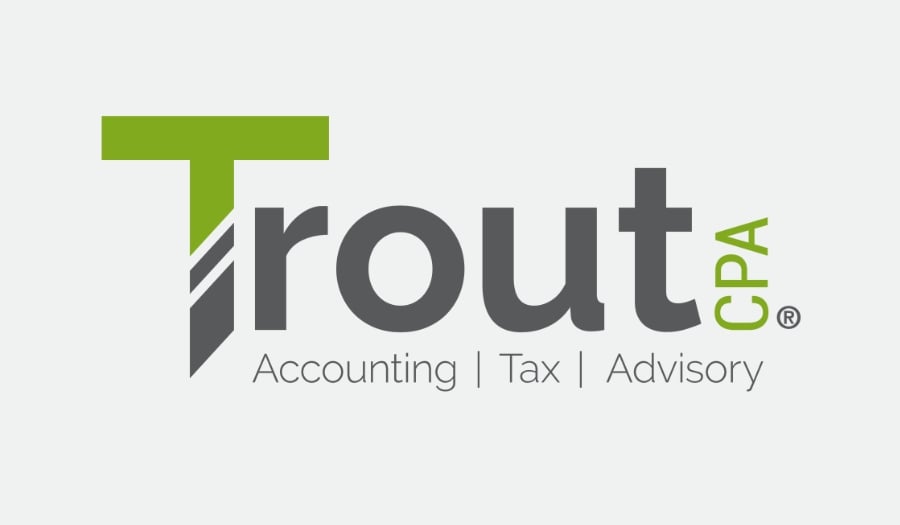Taxpayers may rely on two new pieces of IRS guidance for applying the Code Sec. 199A deduction to cooperatives and their patrons:
- Proposed regulations provide detailed rules for coop patrons and specified cooperatives to calculate the deduction.
- A proposed revenue procedure provides three methods for specified cooperatives to calculate W-2 wages.
199A Deduction for Cooperatives and Patrons
The 199A deduction, also known as the pass-through deduction or the QBI deduction, generally allows individuals, estates and trusts to deduct up to 20 percent of their qualified business income (QBI) from sole proprietorships and pass-through entities. Since most coops are C corporations, they cannot claim the deduction. However, their members may receive patronage dividends that are included in QBI.
Despite these general rules, certain agricultural or horticultural coops, known as "specified cooperatives," can claim their own version of the deduction under Code Sec. 199A(g). A specified coop can also pass through any portion of this deduction by making qualified payments to its patrons. The patrons must reduce their own QBI accordingly.
For specified coops, the 199A(g) deduction retains many of the rules that governed the Code Sec. 199 domestic production activities deduction before it was repealed at the end of 2017. For example, the 199A(g) deduction is based on the specified coop’s domestic production gross receipts (DPGR) and qualified production activities income (QPAI), rather than its QBI.
Sec. 199A Deduction for Coop Patrons in General
Under the proposed regulations, any coop patron’s QBI may include patronage dividends and an exempt coop’s non-patronage dividends that:
- are related to the patron’s trade or business,
- are qualified items of income, gain, deduction or loss at the coop level,
- are not from a specified service trade or business (SSTB), and
- are properly reported to the patron.
The proposed regulations provide detailed rules for how coops must report the required information to their patrons. However, the coop does not report any W-2 wages or unadjusted basis in qualified property immediately after acquisition (UBIA). The W-2/UBIA limit that can reduce QBI for higher-income taxpayers is calculated only at the patron level.
Sec. 199A(g) Deduction for Specified Cooperatives
Code Sec. 199A(g) allows specified coops to claim a 199A deduction and pass through any portion of it by making qualified payments to its members. However, as mentioned above, a specified coop’s deduction is largely based on the pre-2018 domestic production activities deduction (DPAD). This means that the 199A(g) deduction for specified coops is effectively separate from the general Code Sec. 199A(a) deduction for other taxpayers.
Since specified coop patrons might be able to claim both the general 199A(a) deduction and the passed-through portion of the coop’s 199A(a) deduction, they must reduce their 199A(a)deduction by nine percent of QBI (or if less, 50 percent of W-2 wages) that is allocable to the qualified payments from the specified coop.
The proposed regulations offer a safe harbor that patrons can use to calculate this reduction. The patron allocates aggregate business expenses and W-2 wages between qualified payments and other gross receipts by ratably apportioning them based on the ratio of qualified payments to total gross receipts in QBI.
The proposed regulations also define several terms that are relevant to the 199A(g) deduction for specified coops, including:
- Patron,
- Specified cooperative,
- Agricultural or horticultural products (though the IRS is also considering broader definitions), and
- In whole or significant part.
Sec. 199A(g) Deduction and DPAD
The proposed regulations also provide four steps to determine the amount of a specified coop’s 199A(g) deduction. A specified coop that is not tax-exempt must:
- separate patronage and non-patronage gross receipts and related deductions;
- identify patronage gross receipts that qualify as DPGR,
- use the patronage DPGR from step (3) to calculate QPAI, and
- calculate the 199A(g) deduction, which is generally nine percent of the lesser of QPAI from step (4), or taxable income
These last three steps are virtually identical to the pre-2018 DPAD rules.
A tax-exempt specified coop calculates two separate 199A(g) deductions: one based on gross receipts and related deductions from patronage sources, and one based on those items from non-patronage sources.
The proposed regulations also apply DPAD-types rules to:
- determine the coop’s DPGR,
- reduce a specified coop’s 199A(g) deduction to reflect oil-related QPAI, and
- pass through the deduction to patrons.
In addition, the proposed regulations provide special rules for partnerships and expanded affiliated groups (EAGs).
Specified Coops and W-2 Wages
Although the proposed regulations treat the 199A(g) deduction as largely independent from the general 199A(a) deduction, both deductions generally use the same rules for W-2 wages. However, under the proposed regulations, W-2 wages for the 199A(g) deduction cannot include wages paid with respect to employment in Puerto Rico.
As mentioned above, a wages/UBIA limit may reduce the 199A deduction for higher-income taxpayers. A proposed revenue procedure provides three methods for calculating W-2 wages for purposes of the 199A(g) deduction:
- unmodified Box method
- modified Box 1 method
- tracking wages method.
These methods are largely identical to the methods provided in Rev. Proc. 2019-11, but are intended to better reflect changes that may be made in the underlying Form W-2, Wage and Tax Statement.
Effective Dates for 199A Proposed Regulations and Revenue Procedure
The regulations are proposed to apply to tax years beginning after the date they are published as final. However, taxpayers may apply them in their entirely before that date.
The notice of the proposed revenue procedure is effective on June 18, 2019. Specified cooperatives may rely on the proposed procedure before it is published in its final form.
IRS Invites Comments on Proposed Rules for Sec. 199A
The IRS requests comments on the proposed regulations and the proposed revenue procedure. In particular, the IRS invites comments on the following elements:
- A coop’s reporting of W-2 wages and UBIA,
- The safe harbor for coop patrons,
- Definitions,
- A specified coop’s separation of patronage and non-patronage income,
- DPGR treatment of minor assembly and contract work, and
- W-2 wages and Puerto Rico.
Comments are due by August 19, 2019. They may be mailed or hand-delivered to the IRS, or submitted electronically via the Federal eRulemaking Portal at www.regulations.gov. Comments on the proposed regs should reference "IRS REG-118425-18" and comments on the proposed revenue procedure should reference "Notice 2019-27".
For questions or assistance on the 199A deduction, contact one of our tax professionals at 717-569-2900 or click the button below to send us a message.



